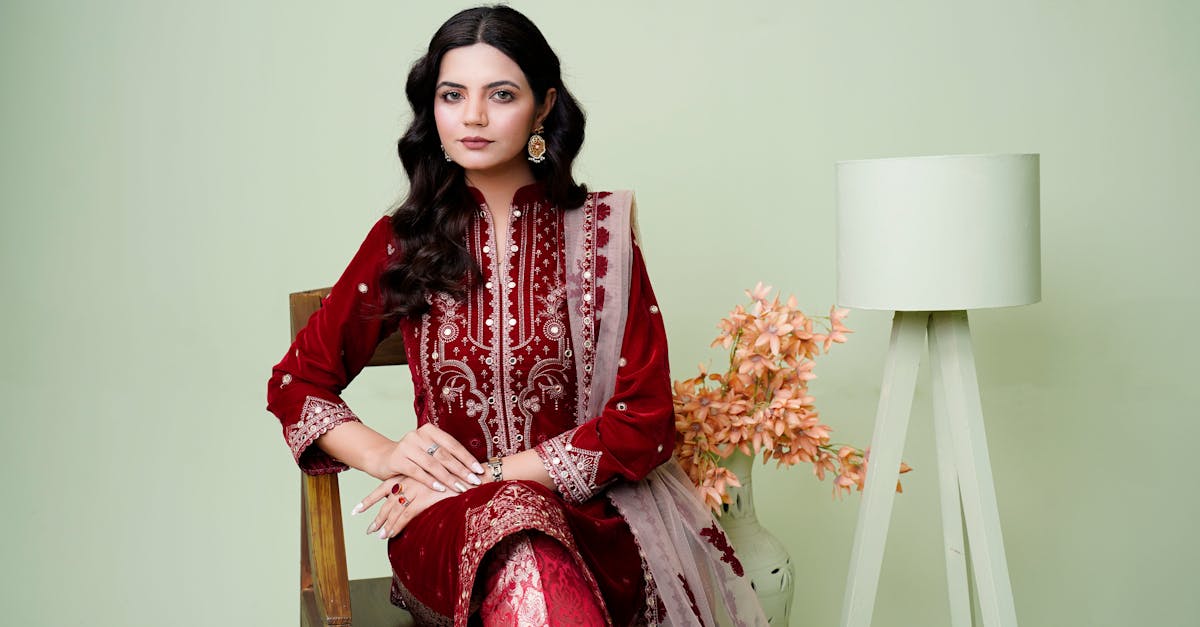Mindful Fashion Zen Chronicles
Introduction
In recent years, the concept of Mindful Fashion Zen has emerged, transforming traditional approaches to style and clothing. This movement emphasizes mindfulness, sustainability, and ethical considerations in fashion choices. At its core, Mindful Fashion Zen is about aligning personal values with style, promoting awareness of the broader impact of fashion choices. As consumers become more conscious of their purchasing decisions, ethical fashion has gained considerable traction. By understanding Mindful Fashion Zen, individuals can contribute to positive change within the industry. This article will delve into the principles and practices that define this transformative fashion ethos.
Advertisement
Understanding Mindful Fashion
Mindful Fashion Zen encourages a thoughtful approach to clothing, focusing on quality over quantity. This mindful consumption requires individuals to reflect on their needs rather than yielding to fleeting fashion trends. By choosing garments mindfully, consumers can reduce waste and minimize their carbon footprint. Ethical sourcing, fair trade practices, and eco-friendly materials are essential components of this philosophy. Beyond consumer habits, fashion brands are also striving to adopt these principles, creating collections that reflect a commitment to sustainability and ethical production. This shift is a reflection of increasing consumer demand for transparency and responsibility within the fashion industry.
Advertisement
The Role of Sustainability
Sustainability is a cornerstone of Mindful Fashion Zen, encouraging the reduction of environmental impact in all aspects of fashion production. This involves using renewable resources, recycling materials, and minimizing waste. Sustainable fashion often incorporates organic fabrics, such as organic cotton and hemp, which require less water and pesticides. By prioritizing sustainability, both brands and consumers contribute to a healthier planet. Moreover, sustainable practices challenge the fashion industry to innovate, finding new ways to create beautiful clothing without compromising environmental integrity. As awareness grows, the demand for sustainable options continues to rise, signaling a significant shift in industry standards.
Advertisement
Ethical Considerations in Fashion
Ethics play a crucial role in the Mindful Fashion Zen movement, focusing on fair treatment of workers and humane production practices. Ethical fashion brands ensure that workers are paid fairly and work in safe conditions, free from exploitation. This often involves partnerships with fair trade organizations, ensuring a living wage and supporting local communities. Additionally, animal welfare considerations lead ethical brands to avoid materials derived from animal suffering, such as fur or leather. By prioritizing these ethical principles, consumers and brands alike contribute to a more just and compassionate fashion industry.
Advertisement
Mindfulness in Fashion Choices
Mindfulness is about being present and making deliberate fashion choices that align with one's values. This approach encourages individuals to invest in pieces that resonate personally, rather than impulsively purchasing fast fashion. Mindful consumers consider the story behind every garment, valuing craftsmanship and timeless appeal. By practicing mindfulness, individuals can cultivate a minimalist wardrobe comprised of versatile and long-lasting pieces. This not only streamlines personal style but also fosters a deeper connection to one's clothing, which can redefine the shopping experience into a more meaningful and intentional act.
Advertisement
The Impact of Fast Fashion
Fast fashion is characterized by mass production and rapid turnover to meet constant demand, often at the expense of quality and ethics. This practice contributes significantly to environmental degradation and labor exploitation. The Mindful Fashion Zen movement advocates for a paradigm shift, challenging the harmful impacts of fast fashion on society. By promoting awareness and supporting slow fashion, individuals can combat the unsustainable cycles perpetuated by fast fashion. This transition demands a cultural change towards valuing quality, ethics, and sustainability over convenience and cost. The movement encourages reflection on the implications of one's fashion choices.
Advertisement
Innovative Practices and Technologies
As the Mindful Fashion Zen movement grows, technology and innovation are aiding the transition towards more sustainable practices. Emerging technologies, such as digital fashion showcases and 3D printing, offer innovative means of reducing fabric waste and carbon emissions. Blockchain technology provides traceability, ensuring transparency in supply chains. Additionally, sustainable dyeing techniques and biodegradable materials are gaining traction, further minimizing environmental impacts. These innovations reflect a commitment to creating a future where fashion harmonizes with nature, rather than disrupting it. Brands embracing these practices are paving the way for a more responsible and innovative fashion industry.
Advertisement
Community and Collaboration
Mindful Fashion Zen thrives on community engagement and collaboration among consumers, designers, and brands. The movement encourages knowledge sharing, hosting workshops and events focused on sustainable practices. By fostering a sense of community, individuals can collectively influence positive change within the fashion industry. Collaboration with sustainable and ethical brands is crucial, as these partnerships drive momentum toward industry transformation. Through collective efforts, the principles of Mindful Fashion Zen extend beyond individual benefits, contributing to broader social and environmental impacts. Engaging with this community empowers individuals to be change-makers in the fashion industry.
Advertisement
Challenges to Embrace
Despite its growing significance, the journey toward widespread adoption of Mindful Fashion Zen faces challenges. Overcoming the allure of fast fashion's convenience requires patience and perseverance. Additionally, the higher cost of sustainable and ethically produced garments can be prohibitive to some consumers. Education and awareness-raising are key to addressing these barriers, helping individuals understand the true cost of fast fashion. By fostering a culture of committed consumers and brands, the Mindful Fashion Zen movement can continue to grow and reshape industry standards. Facing these challenges demands collective commitment and a willingness to embrace change for the better.
Advertisement
Conclusion
Mindful Fashion Zen offers a transformative approach to style, one that harmonizes personal values with fashion choices. By embracing sustainability, ethics, and mindfulness, the movement encourages a shift away from fast fashion's detrimental practices. This commitment reflects a growing awareness of the broader impact of fashion on the world. While challenges remain, the principles of Mindful Fashion Zen provide a path toward a more conscious, responsible, and connected fashion industry. As the movement evolves, its influence will continue to shape the future of fashion, reminding us of the power of mindful choices in every aspect of life.
Advertisement








